FOREST FLAMES - Malawi's ability to sustain itself under threat - Hugh Riddle
As pressure mounts on forest resources diverse experts met in Lilongwe today, to reflect on threats to ecosystems and explore investment options on forest and landscape restoration
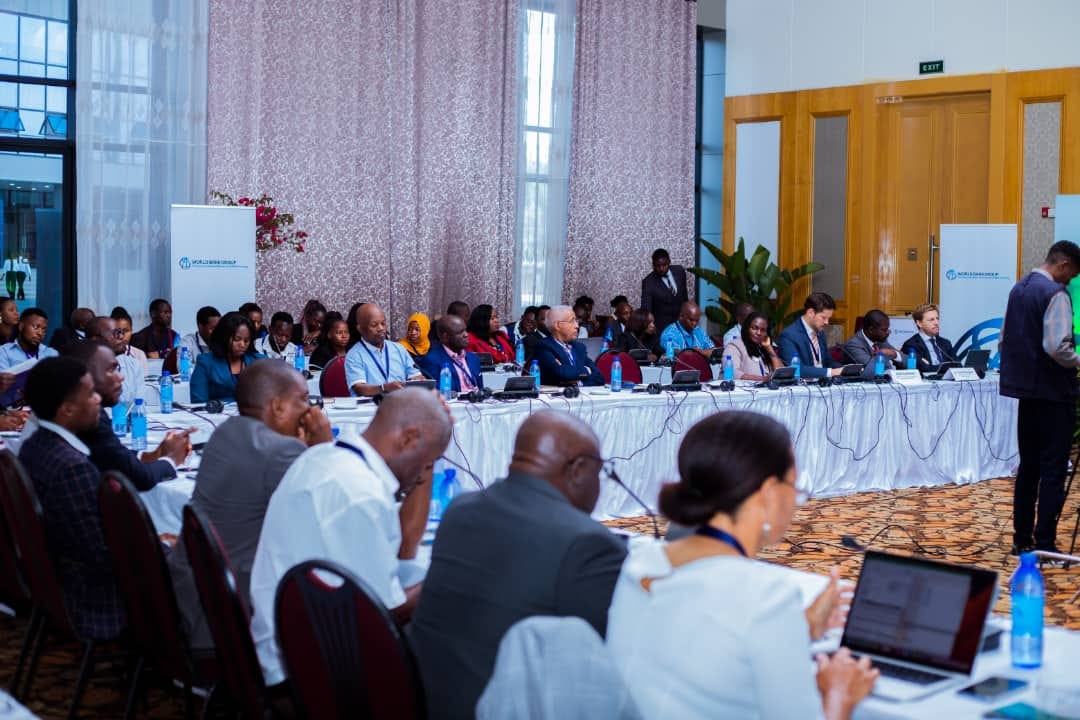
LILONGWE, Malawi (Planet Defence) - Malawian public and private sector, non-state actors including development partners today spared time to reflect on ecosystems and to promote investment in forest landscape restoration at the Bingu International Convention Centre in Lilongwe.
Held under the theme, Upscaling Forest Landscape Restoration financing in Malawi the platform was organized with support from World Bank Group, under the Alliance for Restoration of Forest Landscapes and Ecosystems in Africa (AREECA) Program.
Speaking at the event Dr. Yusuf Mkungula, Principal Secretary for Natural Resources and Climate Change noted that the diverse participants underscored the importance of the platform with a focus on the value of ecosystems through natural capital accounting.
Participants were drawn from public sector, government parastatals and projects, non-governmental organizations, development partners, civil society Institutions, research organizations, academia and the private sector.
“Collaboration of these institutions is key in driving the restoration agenda. I therefore applaud World Bank for bringing these key institutions together to deliberate and find solutions to forest landscape restoration in Malawi,” Mkungula told participants during the opening session.
He lamented over degradation of natural resources which has worsened resilience and ability of communities including biodiversity to cope and bounce back from climate change and economic related shocks.
Speaking to the press Hugh Riddle, World Bank country manager for Malawi underscored a need of landscapes that are capable of providing ecosystem services to the growing human population for survival.
“Land is everything, land is life, water is life. So, when I am talking about degraded landscapes, degraded watersheds we are talking about lives that are not able to grow their crops. They are not able to tap the rivers for sustainable energy. If the country cannot feed itself then we are in big trouble in Malawi. So, its fundamental, what we are seeing happening here in Malawi, is at the level of a crisis. The country’s ability to sustain itself is under threat. We want to raise this flag, we want to shout, we want to make noise. This is a crisis, it’s a crisis also of poverty, people have no options. They are cutting trees; they are using biomass simply because there are no better options. This is an issue, its fight that must be fought on many fronts,” Riddle said adding we have to be there, we must provide social protection.
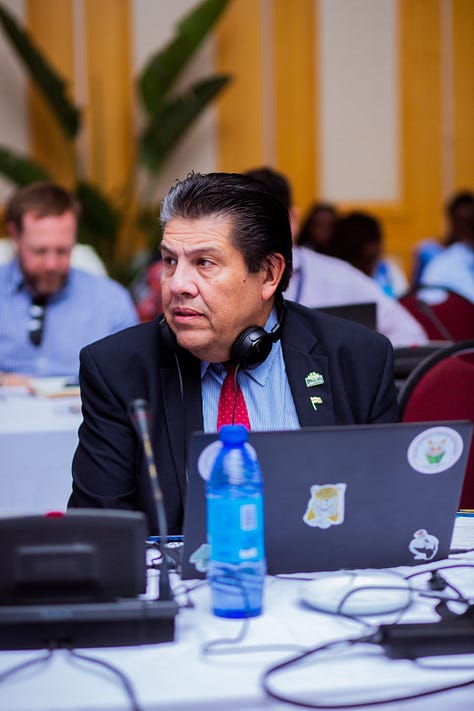
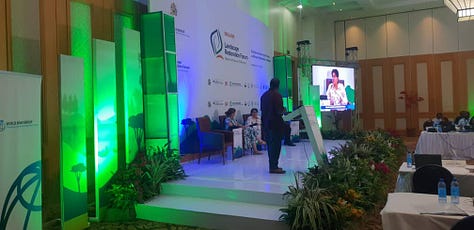
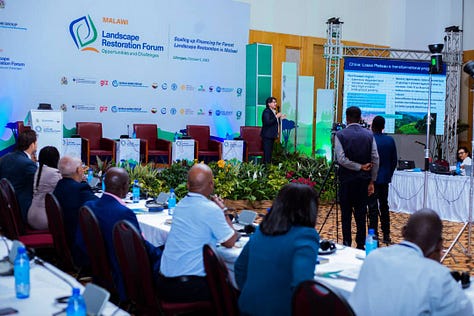
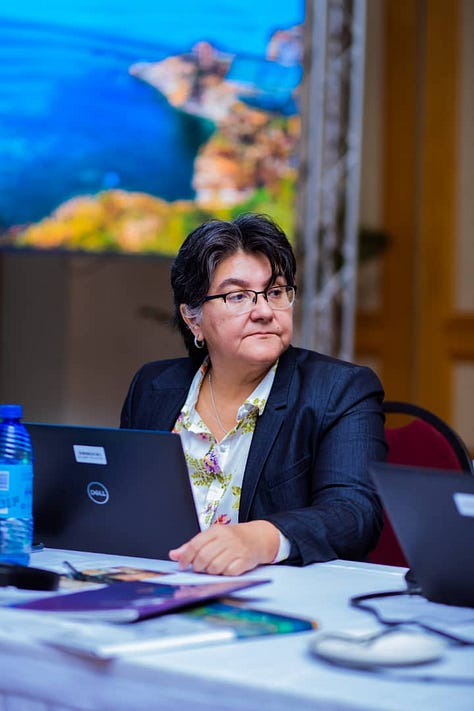
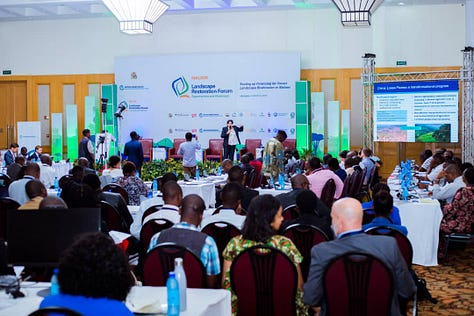
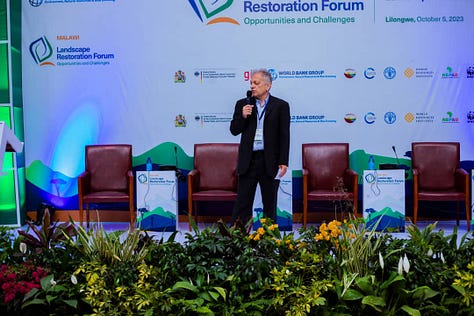
Knut Gummert, deputy head of mission, head of development cooperation, German Embassy to Malawi lauded the timing of the workshop saying it came at the right when the country is looking for investments and support to recover from the effects of Cyclone Freddy.
Gummert acknowledged that Freddy caused a lot of damage to infrastructure resulting into food insecurity.
According to Gummert he was hopeful that the gathering will address barriers to increase investments in forest landscape restoration and discuss ways to attract more investments, Gummert made the remarks.
“The German government through the Ministry for Environment is financing AREECA. The Alliance has the main objective to support and promote forest landscape restoration related activities in the four countries: Malawi, Kenya, Rwanda and Cameroon,” Gummert said adding that, “Through these activities, the alliance aims at increasing the socio-economic, ecological and climate-related benefits from large-scale forest landscape restoration projects.”
In Malawi the Alliance is financing the restoration of the catchment area of the Mpira dam. So far efforts of working with 77.400 people in 36 villages to create and improve new income creating activities with the aim to reduce the pressure on the catchment area are underway.
The World Bank Group data estimates that about 80 percent of the Malawian territory is affected by land degradation which has affected largely the poor, reduced productivity, increased biodiversity loss, reduce forest cover, increase vulnerability to climate shocks and affected other economic sectors such as tourism andhydropower production among others.



